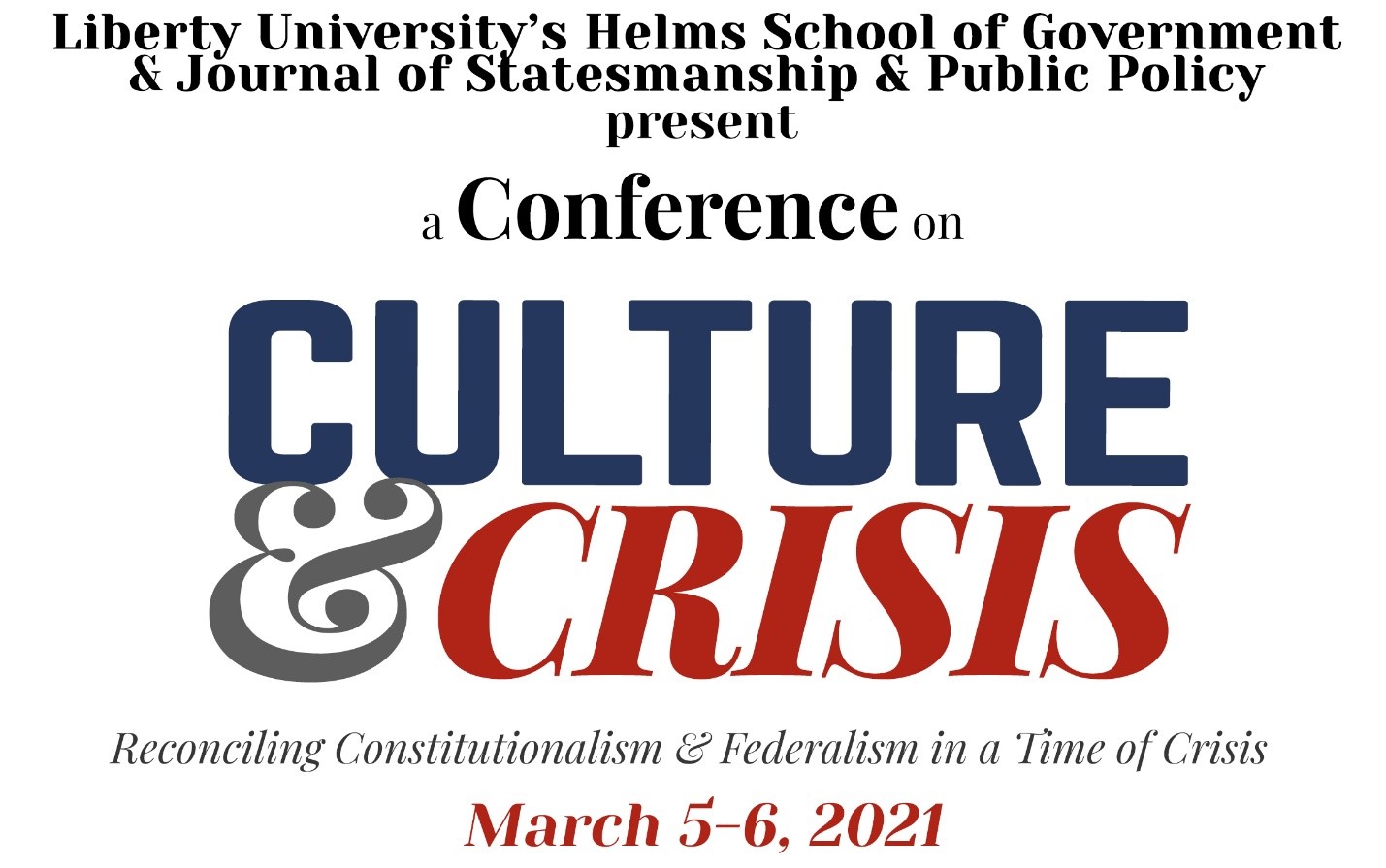Level of Education
Doctoral
Keywords
The First Great Awakening, America
Abstract
The Great “Awokening”[1]
“Were you to see him in his most violent agitations, you would be apt to think that he was a madman just broke from his chains.”—Boston Evening Post on James Davenport, Aug. 2, 1742.
“I'm actually not a fan of the word 'woke.' I think the connotation of that means being socially aware, which is a beautiful thing to be. But it does not take into account being self-aware.”—India Arie
Most of my historical research has been on The First Great Awakening, an eighteenth-century revival movement that played a major role in shaping the religious and social landscape of early America.[2] This season of revival did much good throughout the American colonies, ushering many souls into the Kingdom of God. But it also did much harm. Some like Jonathan Edwards, who reflected deeply on the Great Awakening, concluded that many, far too many, even of his own converts, blindly rushed into the emotional grand gesturing of the moment, only to fall away in due course.
One of the negatives connected to the Great Awakening was a propensity toward an excessively judgmental spirit. Revivalist preachers (New Lights) in colonial America often called into question the salvation of main-line, non-revivalist ministers (Old Lights). For example, if anyone, including ministers, could not recall a specific time and place of immediate conversion, their faith was suspect.
[1] This article is an adaptation from chapter 5 of my book Among the Deplorables: Confessions of a Populist Evangelical (KDP, 2020).
[2] See my A Cautious Enthusiasm: Mystical Piety and Evangelicalism in Colonial South Carolina (Columbia: University of South Carolina Press, 2013).
Included in
History of Christianity Commons, History of Religion Commons, Religious Thought, Theology and Philosophy of Religion Commons, United States History Commons
The Great Awokening
The Great “Awokening”[1]
“Were you to see him in his most violent agitations, you would be apt to think that he was a madman just broke from his chains.”—Boston Evening Post on James Davenport, Aug. 2, 1742.
“I'm actually not a fan of the word 'woke.' I think the connotation of that means being socially aware, which is a beautiful thing to be. But it does not take into account being self-aware.”—India Arie
Most of my historical research has been on The First Great Awakening, an eighteenth-century revival movement that played a major role in shaping the religious and social landscape of early America.[2] This season of revival did much good throughout the American colonies, ushering many souls into the Kingdom of God. But it also did much harm. Some like Jonathan Edwards, who reflected deeply on the Great Awakening, concluded that many, far too many, even of his own converts, blindly rushed into the emotional grand gesturing of the moment, only to fall away in due course.
One of the negatives connected to the Great Awakening was a propensity toward an excessively judgmental spirit. Revivalist preachers (New Lights) in colonial America often called into question the salvation of main-line, non-revivalist ministers (Old Lights). For example, if anyone, including ministers, could not recall a specific time and place of immediate conversion, their faith was suspect.
[1] This article is an adaptation from chapter 5 of my book Among the Deplorables: Confessions of a Populist Evangelical (KDP, 2020).
[2] See my A Cautious Enthusiasm: Mystical Piety and Evangelicalism in Colonial South Carolina (Columbia: University of South Carolina Press, 2013).



